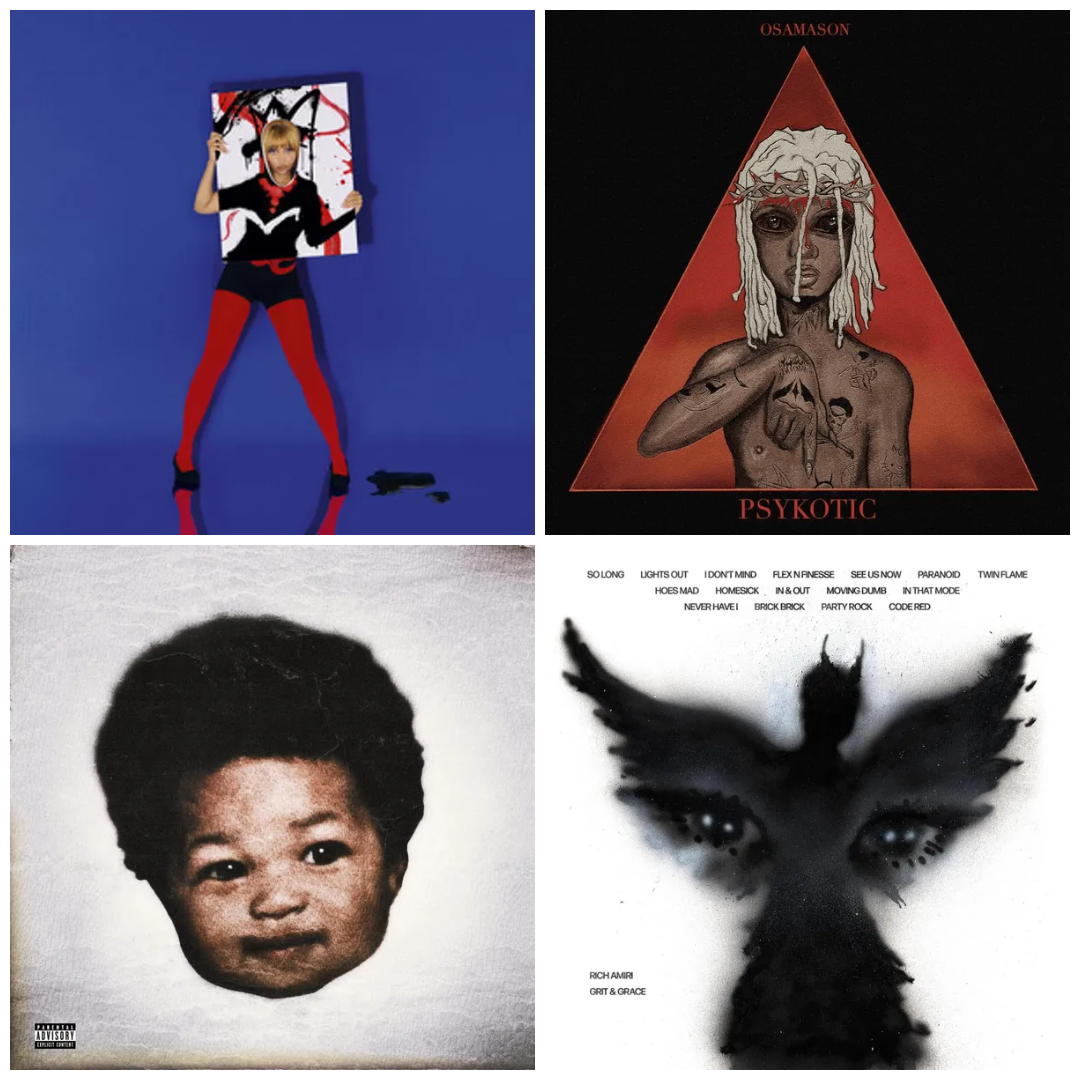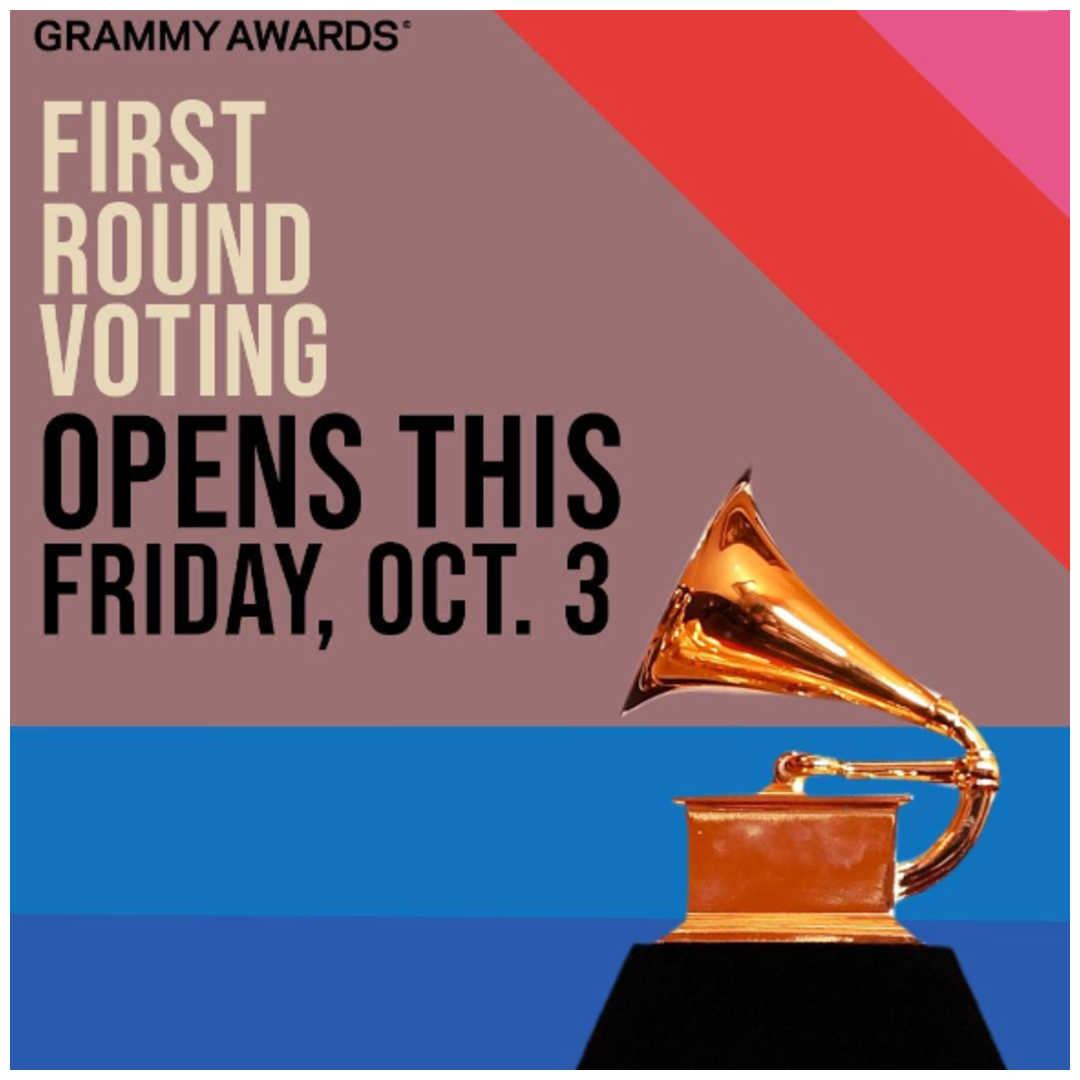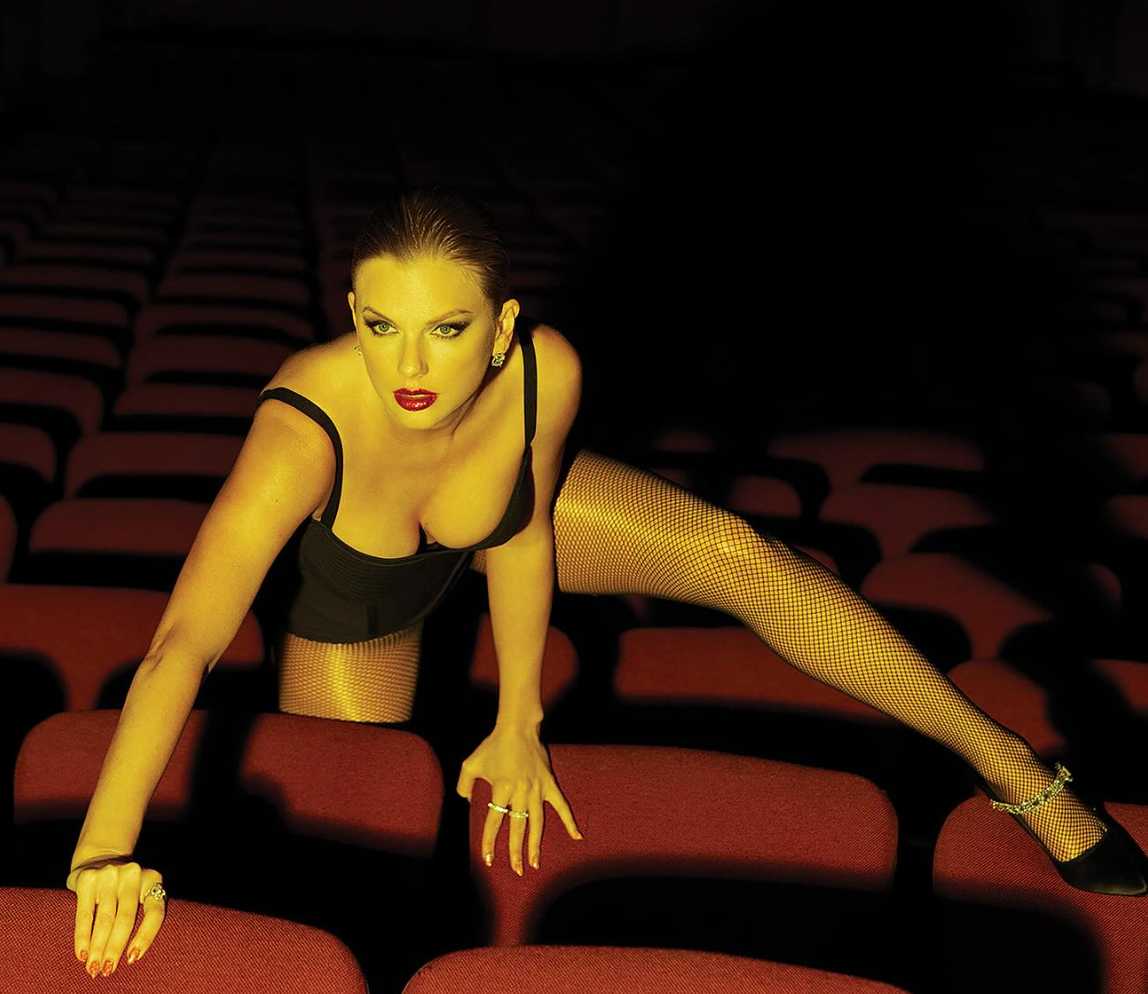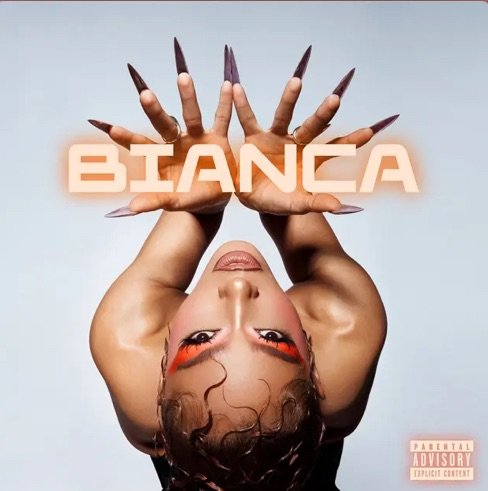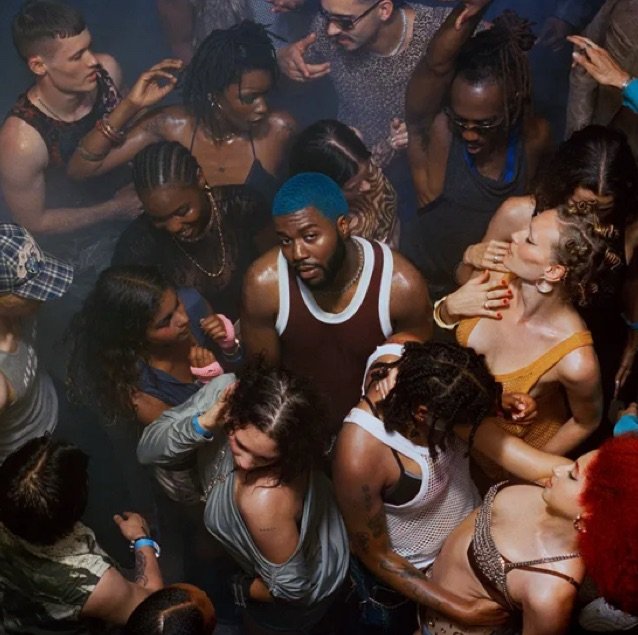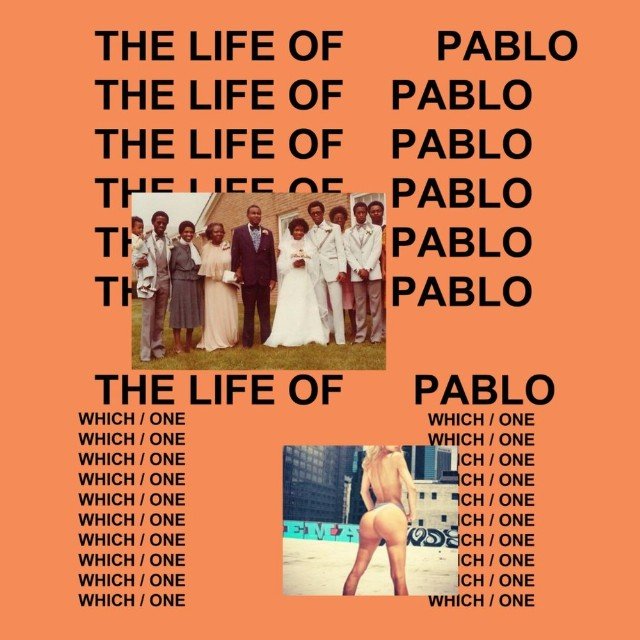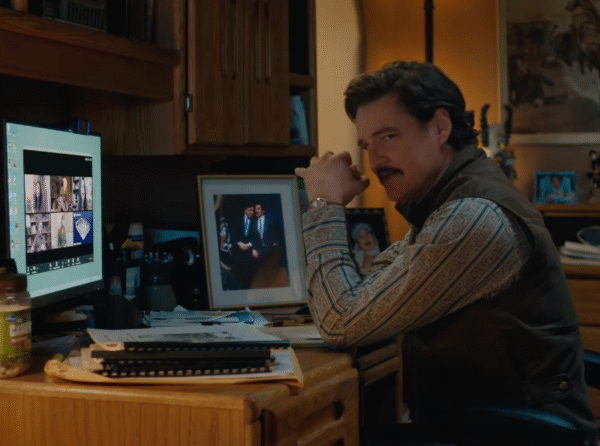
The western genre was once the most popular and profitable avenue of expression in the cinematic medium. Ranging all the way back to Edwin S. Porter’s The Great Train Robbery in 1903 up through the ‘30s, ‘40s, and ‘50s with filmmakers like John Ford, Howard Hawks, and Fred Zinnemann, the western genre captivated American audiences. The genre blended history and mythology to create a new sense of national identity, one that still permeates the culture to this day. This aesthetic and tone became so ubiquitous that by the ‘60s, even as the popularity of the western genre entered a decline, filmmakers like John Ford and Sergio Leone were able to bring it back through re-examinations and revisions, with films like The Man Who Shot Liberty Valance and A Fistful of Dollars. This yearning for cinematic reevaluation mirrored the societal and cultural shifts on a national scale, as events led Americans to question the myth of Americana that had been so resoundingly perpetuated by Western films.
All of this to say, at its peak, the western genre is and has always been deeply sewn into the very fabric of American identity. However, as the genre has become far more of a niche oddity over the course of the past several decades, the majority of the new works within it have been put into a strange kind of stasis. While the films being made within the genre were still being set in the same time period as before, society itself was moving forward at a clip. As a result, they became period pieces that felt less authentically tied into modern-day America and much more like filmmakers playing in the sandbox of what had come before. But rest assured, Ari Aster’s Eddington is decidedly not that.
No, Eddington digs up the roots of the western genre and drags the whole thing, kicking and screaming, into the 2020s with a startling blend of cruelty, hysterics, and clarity. It is a western film set during the COVID lockdowns of 2020 in a small town in New Mexico, and it manages to speak directly to the present-day in startling ways.
TOP THINGS ABOUT EDDINGTON
5. Westerns Reclaimed
The entire structure of Eddington is rooted in the idea of bringing the tropes, characters, and symbols of the traditional Western genre screeching into the modern-day in vicious and vivid fashion. Everything from the small-town sheriff to the local government representative to the local saloon to the town drunkard to the local gun shop with a swinging sign out front to the roving gang of ne’er-do-wells clad in all-black; all of these hallmark beats of the genre are not just hit, but pummeled into the ground.
Aster, as both a screenwriter and a visually storyteller, makes a feast out of dragging these core elements into the harsh light of the New Mexico sun, and forcing audiences to reconsider their place within the genre and the long-lasting ramifications of them. The film succeeds in simultaneously forcing audiences to view the western film genre and their own present-tense existence through a much harsher, much more objective lens. The result is a film that doesn’t mythologize America’s recent history as so many of the earliest western films did, but instead takes the latter-day approach and reveals the rot beneath the veneer.
4. The Cast
From his very first feature film, Ari Aster has been an actor’s director. In Hereditary, he helped Toni Collette deliver a career-best performance that should have netted her an Oscar. In Midsommar, he helped to give performers like Florence Pugh and Will Poulter a showcase for their immense talents. In Beau is Afraid, he got such an all-in, idiosyncratic, layered, and absolutely bonkers performance out of Joaquin Phoenix that it was frankly overwhelming to experience within the context of the three-hour behemoth of a film. Now, with Eddington, Aster is cashing on that amassed goodwill by assembling an all-star cast of performers to fill out even the most peripheral of roles within his western canvas.
Joaquin Phoenix, Pedro Pascal, Luke Grimes, Emma Stone, Deidra O’Connell, Micheal Ward, and Austin Butler all do phenomenal work within the film. Personally, I was immensely fond of how Pascal’s performance seemed to capitalize on the metatextual elements of his current status as Hollywood’s most in-demand star and work to subvert expectations correlating to that in subtle and powerful ways. Elsewhere, Stone’s performance is among the most understated and nuanced works of her career, and yet she’s able to channel such palpable pathos in her relatively short screen time, all of it coming through in subtext.
Lastly, Phoenix is genuinely amazing here. The tone of Eddington is like a Fox News broadcast blended with the Coen Brothers, resulting in a biting, darkly hysterical, and often harrowing viewing experience. If the lead performance at the center of it wasn’t completely in-tune with Aster’s creative ambitions, the entire thing could’ve fallen woefully flat and become grating. Phoenix, however, plays Joe Cross to perfection and helps to land the film’s biggest swings in the process.
3. The Score
Daniel Pemberton’s score for Eddington is a fantastic musical work in its own right that is made all the more effective and brilliant by its use within the film. Pemberton delivers a soaring, cathartic central musical theme for the film that sounds like something straight out of classic composer Max Steiner’s symphonic arsenal. Having this classical composition play over the top of ruthlessly, often unbecomingly modern subject matter serves to further illustrate the widening chasm between the myth of the American West and the reality of it in the present day.
As the film progresses, the score also begins to confront these traditional themes with far more percussive and invasive, overtly modern production beats, and acute listeners can practically hear the influences chafing up against one another. This is inspired on every front, and a remarkable strength that works in tandem with Aster’s work to make the film all the more affecting.
2. Horror Everywhere For Those With Eyes to See
Martin Scorsese (a devout Aster fan) once said, “If you don’t understand or appreciate the horror genre, you really have no understanding or love of film itself.” Not only is that such fucking badass quote, but it also rings particularly true to Aster’s filmography. One could make the argument that, despite his horror background, his last two films (Beau and Eddington) are not really horror films. However, to do so would be to confine horror to this neat, sanitized little box that fails to engage with the actual substance of the craft. Eddington has some genuinely horrific, outright terror-filled moments that showcase what a potent and immersive filmmaker Aster continues to be.
There’s a mid-film shooting sequence that is a showcase for some of Aster’s most unnerving and upsetting staging of violence to date. Similarly, the entire third act of the film takes the ridiculous, almost satire-driven elements of the story and treats them as a stone-cold, objective reality. The musical score drops out, and suddenly the film is full of diegetic sound so all-encompassing that it puts the audience squarely in the middle of this distinctly American nightmare right alongside Phoenix’s Joe Cross, and it is outright horrific.
1. Ari Aster, You Sick Fuck
To me, Ari Aster has gone from an extremely promising filmmaker to someone I see as the heir apparent to the Coen Brothers, right alongside Bill Hader. He blends the profound and the profane with such verve and tenacity that one often becomes the other. His work in Eddington, alongside cinematographer Darius Khondji and editor Lucian Johnston, is absolutely remarkable. The trio creates such an authentic, tangible, and consuming visual language, pace, and tone for the film that one can’t help but feel absorbed by it.
While I ultimately wouldn’t say his work here is as ambitious as Beau is Afraid (a work which Aster once referred to as “Jewish Lord of the Rings”) it is just as accomplished, if not more so. Eddington is a fascinating next step in the evolution of Aster as a filmmaker, that sees him burrowing even deeper into the recurring themes and motifs that have emboldened his work throughout his career, and it only makes me all the more excited to see what depraved places he’ll take audiences next.
RGM GRADE
(A-)
Eddington is certainly not for everyone, but I found that to be a testament to its power. It’s a ludicrously uncomfortable encapsulation of insanity that was and is present-day America, utilizing the format of the western genre to speak not to the past and future of this nation and the stories we tell ourselves about our history.
Discover more from RATINGS GAME MUSIC
Subscribe to get the latest posts sent to your email.


